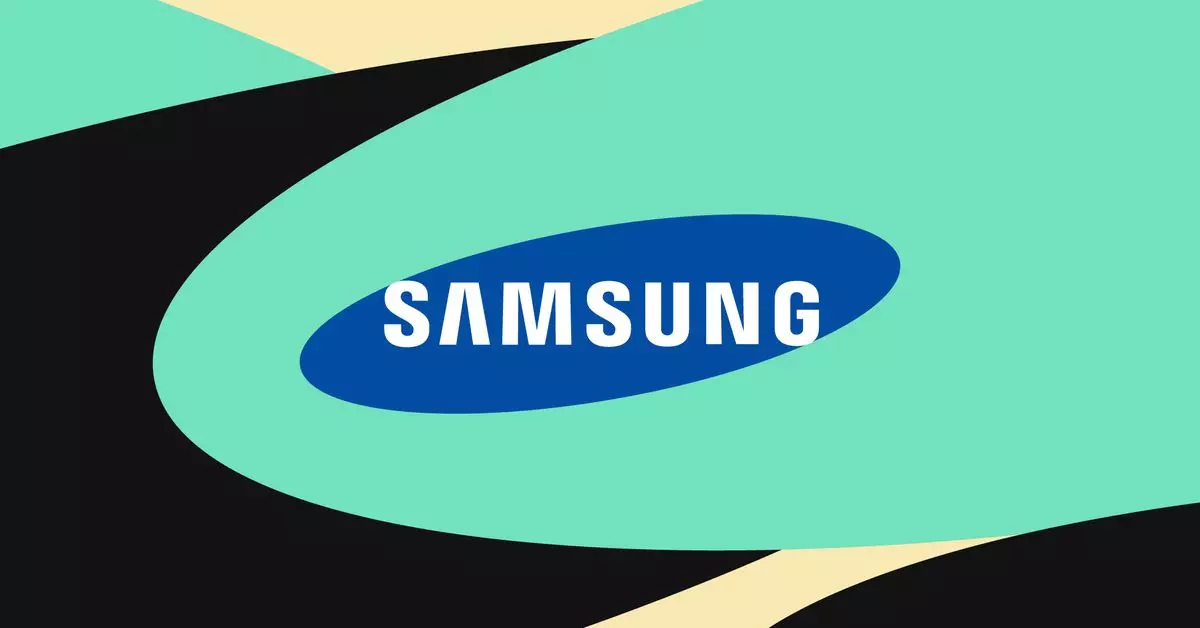Samsung recently announced a significant development in its strategy to maintain its dominance in the smart TV market. The tech giant revealed its plan to offer seven years of Tizen operating system updates for its newer AI-powered TVs. This proactive move is aimed at fending off competition from Chinese rivals such as Hisense and TCL, who are increasingly challenging Samsung’s market leadership.
This policy extension marks a considerable departure from Samsung’s previous update practices, which primarily focused on addressing bugs without making substantial upgrades to the Tizen OS itself. The decision to provide seven years of free upgrades is a clear indication of Samsung’s determination to solidify its market position and differentiate its offerings from competitors.
Despite being the world’s largest seller of smart TVs, Samsung has seen a decline in its market share, particularly in the face of growing competition from Chinese companies. Research from analytics firm Omdia revealed that Samsung’s global TV market share dropped by more than 2 percent in a year, while TCL and Hisense made significant gains. By offering extended Tizen updates for AI TVs, Samsung aims to maintain its competitive edge and prevent further erosion of its market share.
Yong Seok-Yoon, the president of Samsung Electronic’s Visual Display Business Division, emphasized the strategic importance of the seven-year Tizen upgrade initiative. He expressed confidence that this move would enable Samsung to widen the gap in market share with Chinese rivals and reaffirm its position as a leader in the smart TV segment. While the exact models set to benefit from the extended updates have not been specified, Samsung’s proactive stance suggests a commitment to innovation and customer satisfaction.
Samsung’s decision to offer seven years of Tizen updates aligns with broader industry trends towards enhanced software support and longer product lifecycles. Notably, Samsung’s domestic rival, LG, also announced a similar initiative for its smart TV lineup, signaling a shift towards longer-term software support as a competitive differentiator. By staying ahead of the curve and prioritizing customer value, Samsung aims to maintain its brand reputation and drive continued growth in the evolving smart TV market.
Samsung’s bold move to provide seven years of Tizen operating system updates for its AI-powered TVs reflects a proactive approach to staying ahead of competition and meeting evolving consumer expectations. By focusing on software innovation and long-term support, Samsung is positioning itself for sustained success in the dynamic smart TV landscape.

